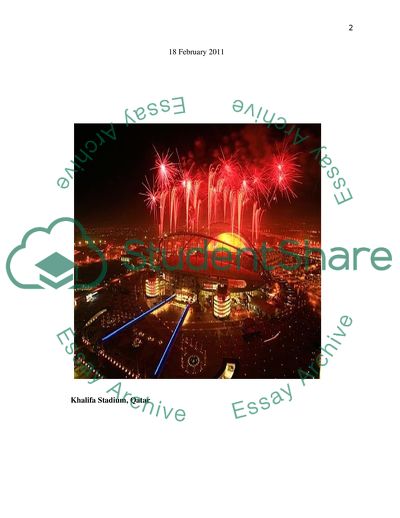Cite this document
(Qatar Sporting Legacy Literature review Example | Topics and Well Written Essays - 5000 words, n.d.)
Qatar Sporting Legacy Literature review Example | Topics and Well Written Essays - 5000 words. https://studentshare.org/sports-and-recreation/1748850-qatar-sporting-legacy
Qatar Sporting Legacy Literature review Example | Topics and Well Written Essays - 5000 words. https://studentshare.org/sports-and-recreation/1748850-qatar-sporting-legacy
(Qatar Sporting Legacy Literature Review Example | Topics and Well Written Essays - 5000 Words)
Qatar Sporting Legacy Literature Review Example | Topics and Well Written Essays - 5000 Words. https://studentshare.org/sports-and-recreation/1748850-qatar-sporting-legacy.
Qatar Sporting Legacy Literature Review Example | Topics and Well Written Essays - 5000 Words. https://studentshare.org/sports-and-recreation/1748850-qatar-sporting-legacy.
“Qatar Sporting Legacy Literature Review Example | Topics and Well Written Essays - 5000 Words”. https://studentshare.org/sports-and-recreation/1748850-qatar-sporting-legacy.


